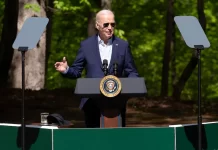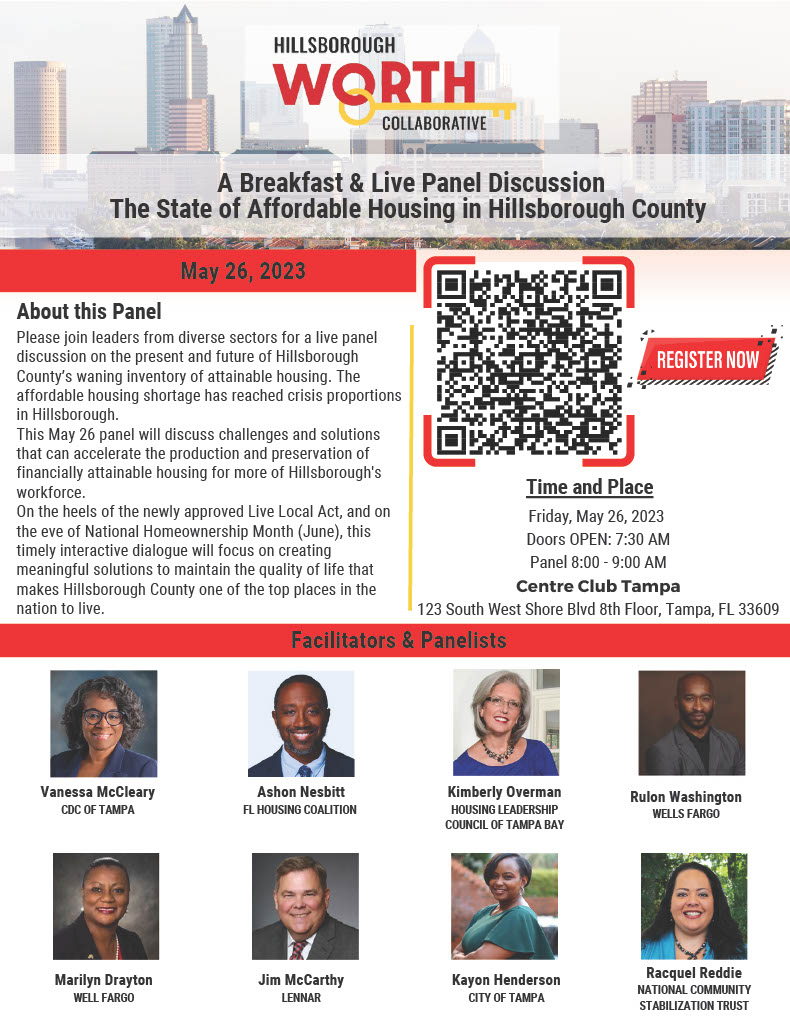CNN; Published By John Blake

Shag carpeting. Eight-track tapes. Missing an important phone call because you weren’t home to hear the phone ring.
There are few anachronisms from the 1970s that most Americans from that era will not miss. It was a time of long gas station lines, itchy polyester double-knit suits and TV options limited to three networks that signed off each night with a warbled recording of the Star-Spangled Banner.
But as a Black child of the 1970s who grew up on shows such as “The Jeffersons,” I miss one storytelling element from that era that seems to be missing from contemporary Black TV series: hope. Not a naïve hope, but a muscular type of hope that maintained that though racism was persistent, America would eventually transcend its racial divisions.
Watching clips from popular 1970s shows like “Room 222” and “The White Shadow” is like stepping into an alternative universe. White and non-White characters tackled racial issues with a boldness and nuance that wouldn’t be allowed today. They strived together to create integrated neighborhoods and schools. They thought people could change, and so could America.
“There was this moment of hope in America where we actually believed that we could confront and deal with centuries-long problems of race, gender and class,” says Rodney Coates, a sociologist, poet and professor of critical race and ethnic studies at Miami University in Ohio.
“They weren’t stuck in fatalism,” Coates says of ’70s shows that addressed race or featured mostly Black casts. “They weren’t stuck in the notion of it’s always been this way, and we can’t change it.”
I bring up Black TV shows from the 1970s because I’ve been told my nostalgia is misplaced. In recent years, many cultural critics have claimed we are in a new “golden age of Black television.” They say there’s been a renaissance in Black TV, driven by a new wave of Black creators who are finding fresh ways to explore the Black experience.
Yet to me and some scholars, critics and TV producers, something is missing. Some recent shows confuse hopelessness with being authentically Black. Others display what one scholar calls an “apolitical multiculturalism”— they feature Black and brown actors but rarely explore their characters’ race or ethnicity.
And few share the tone of their 1970s predecessors — there’s little of the “enduring optimism” reflected in “Movin’ On Up,” the “Jeffersons’” theme song, which became an aspirational anthem for Black America. Read more















